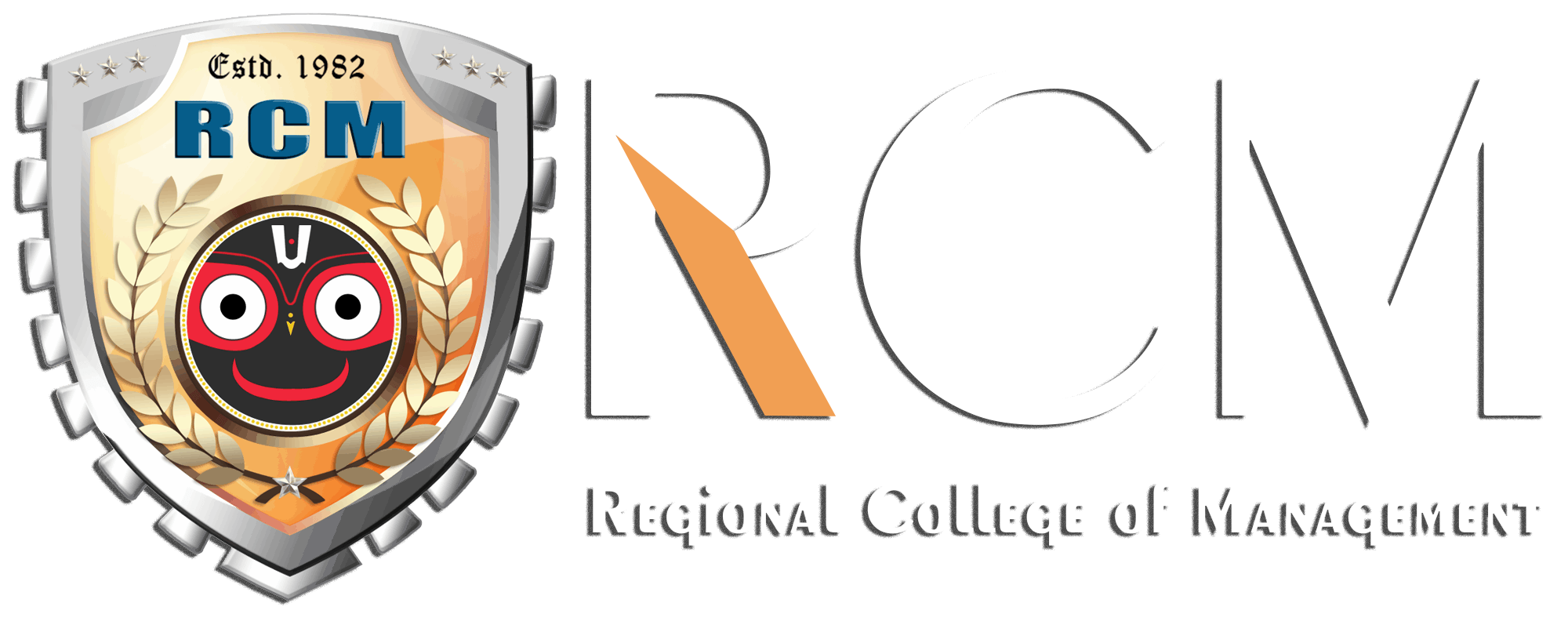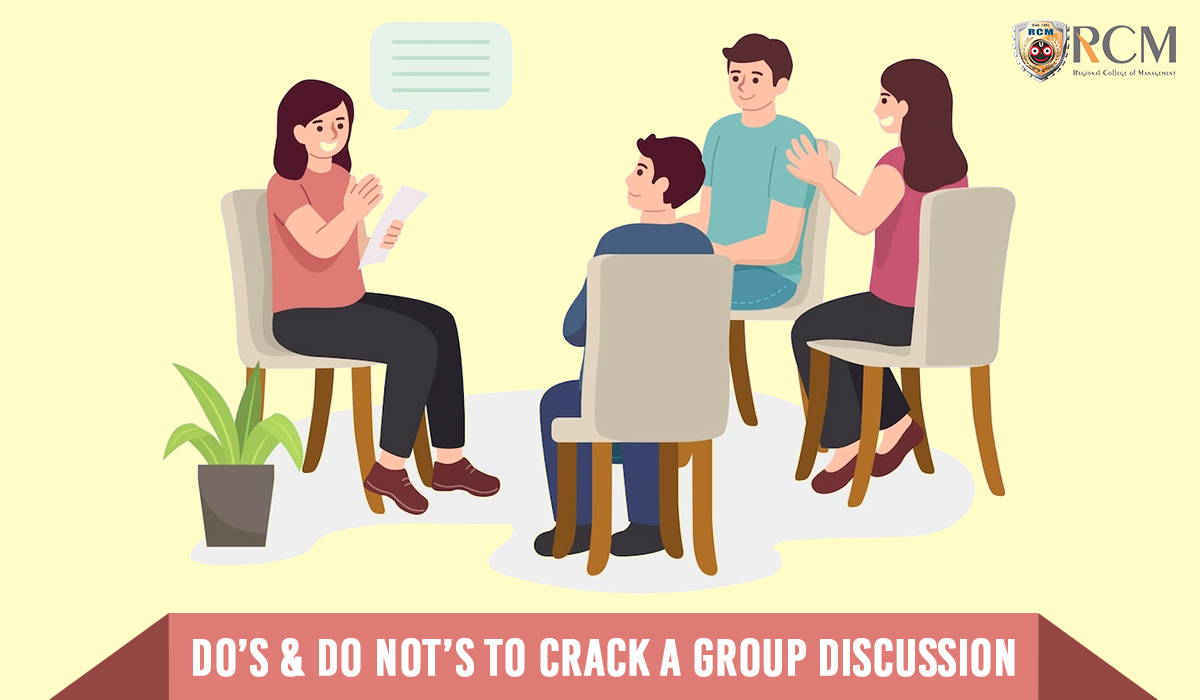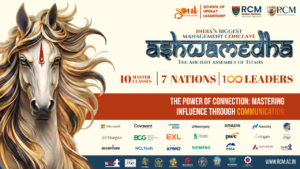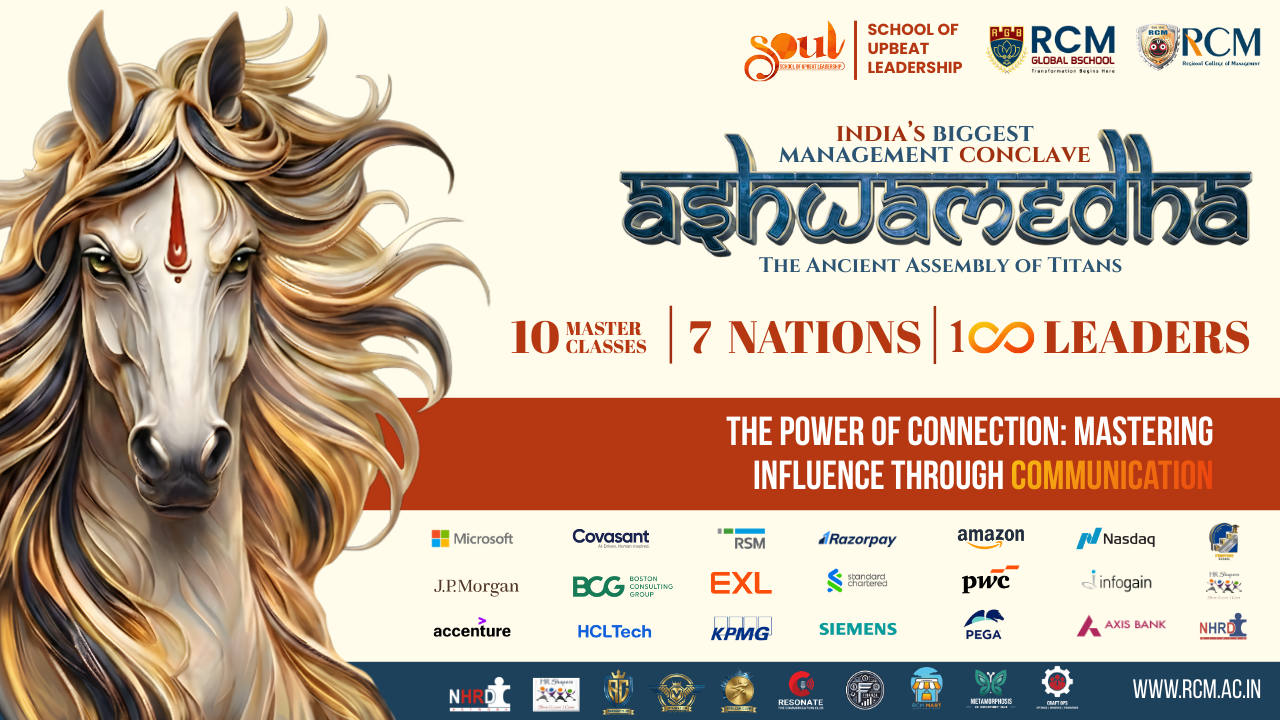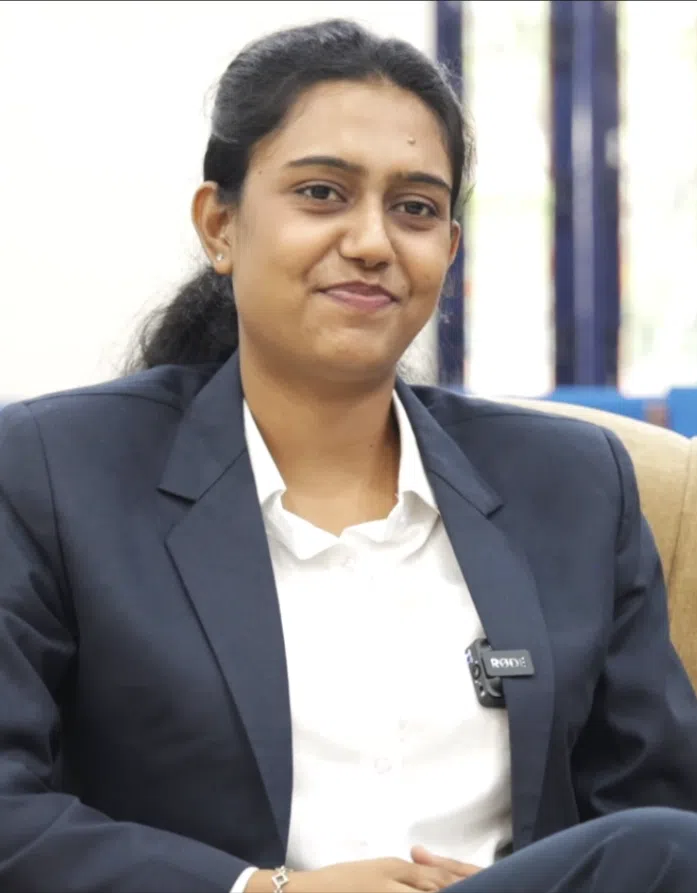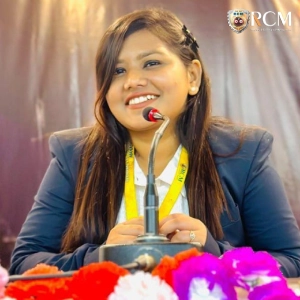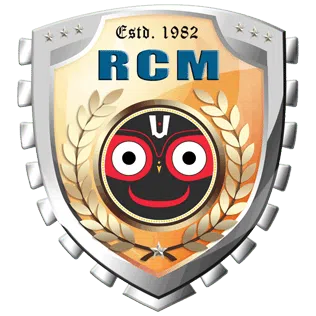Mastering GD dos and don’ts is crucial for cracking group discussions in MBA admissions or job interviews. Focus on clear communication, active listening, confident body language, and respectful disagreement. Avoid dominating the conversation or sharing irrelevant personal opinions. Practice structured responses and encourage inclusive participation for impactful GD performance.
Introduction: Why Group Discussion (GD) Matters
As OJEE, JEE, CAT, MAT, and XAT conclude, the next big milestone for candidates is the Group Discussion (GD) and Personal Interview (PI) phase. Even confident speakers feel the pressure in GDs, especially without understanding the essential GD dos and don’ts. Mastering this can boost your performance and leave a lasting impression.
What is a Group Discussion?
A Group Discussion (GD) is a structured communication process where candidates express views on a specific topic. Unlike debates, GDs are conversations where logic, clarity, and respect for others’ opinions matter more than aggression. Listening attentively and speaking purposefully are both equally crucial.
Top Do’s in a Group Discussion
1. Gather Your Points: Use the preparation window wisely. List ideas systematically, including bold or unique viewpoints. Make your introduction strong and stick to relevant, logical points. Being crisp and clear gains attention.
2. Keep Your Ground: Use a polite and assertive tone. Maintain upright posture and composed facial expressions. Understand the fine line between assertiveness and aggression. Avoid arguing one-on-one. Instead, share counterpoints respectfully.
3. Observe, Listen & Speak: Listen actively and adapt your points accordingly. Back your views with facts or examples. Ask to speak if needed, and also involve quieter members. Encourage group participation—a mark of leadership.
4. Maintain Eye Contact: Eye contact shows confidence and engagement. Avoid focusing on just one person. Address the entire group to make a stronger impact.
Essential Don’ts in a Group Discussion
1. Avoid Wasting Time: Keep your comments brief (30–40 seconds at a time), but impactful. Speak 5–7 times throughout the GD. Avoid repetition and steer away from unrelated points. If others derail the conversation, guide it back professionally.
2. Avoid Personal Opinions: Stick to data, facts, and logic rather than personal experiences. Don’t monopolize the conversation or dominate with irrelevant anecdotes. Let everyone speak and keep the conversation collaborative.
3. Don’t Lose Focus: Stay on topic. Keep distractions like fiddling, looking around, or interrupting others in check. These can cost you points even if your arguments are good.
Conclusion: The Smart Way to Crack a GD
Understanding GD dos and don’ts is the key to making an impact. A good GD performance builds confidence, sharpens your viewpoint, and prepares you for leadership roles. It enhances both your communication skills and emotional intelligence.
Whether you’re aiming for your dream job or an MBA seat, Group Discussion practice helps you evolve. Stay composed, prepare strategically, and participate meaningfully.
Stay Updated with RCM, Bhubaneswar
Explore tips, exam updates, and expert career advice by visiting RCM Bhubaneswar’s blog section. Make your preparation count and turn your group discussion performance into a winning opportunity.
